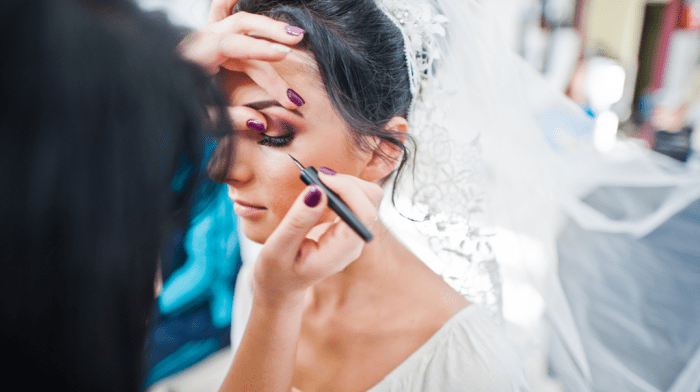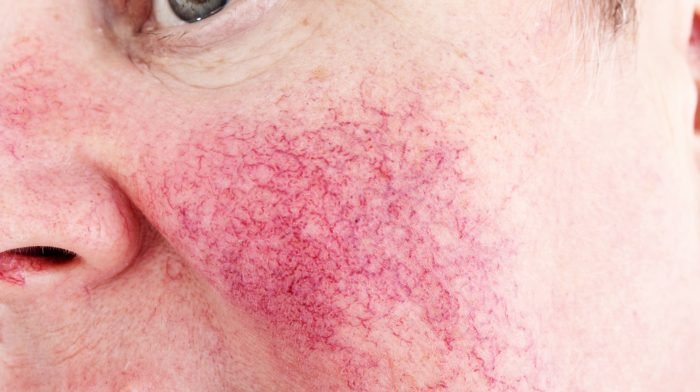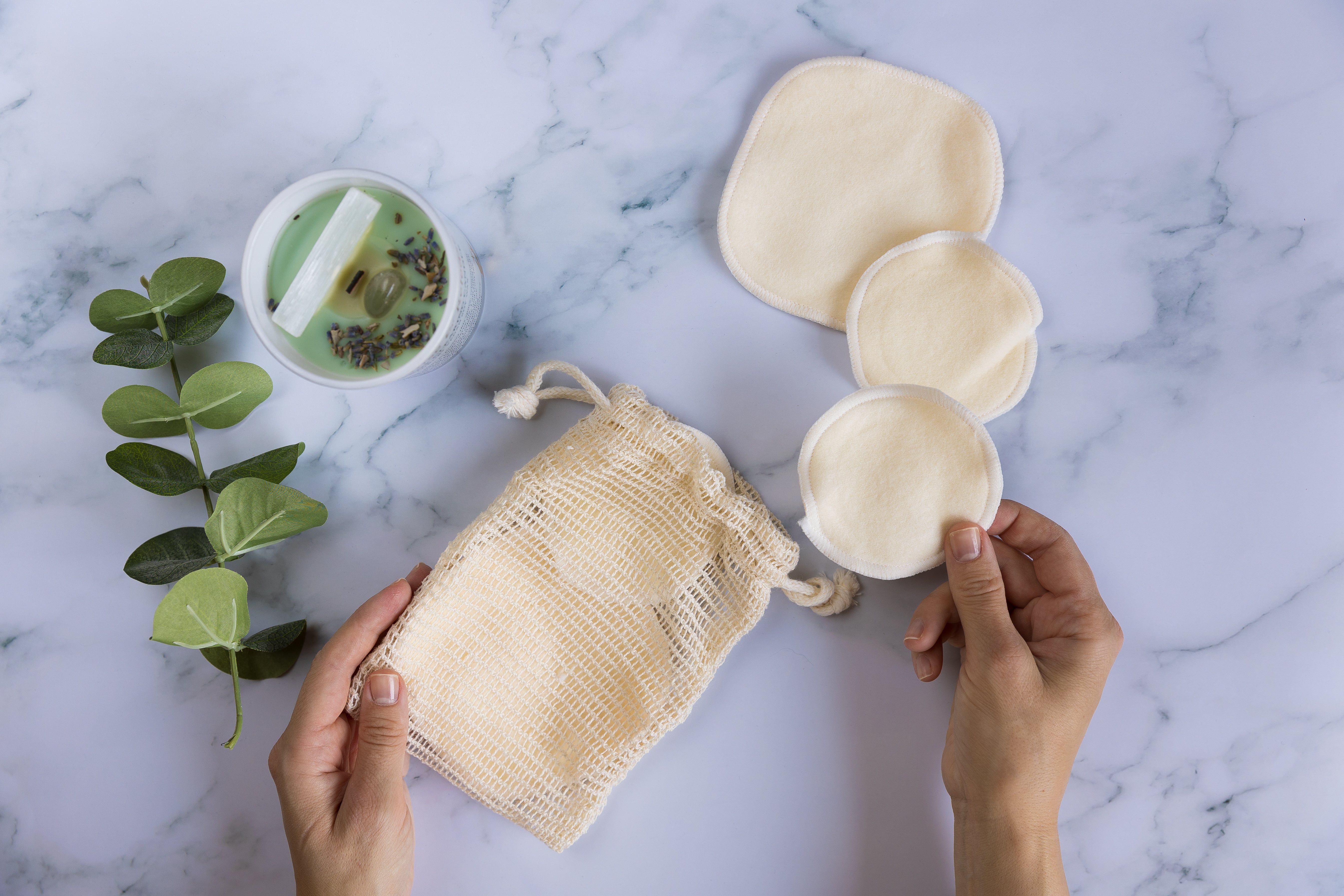Dry, oily, combination, sensitive, and normal skin can all benefit from a healthy skincare routine, but each skin type has its own unique needs. As such, the best way to care for your skin is to understand your skin type.
Wondering “what is my skin type”? Take the below skin type test to determine whether your skin is dry, oily, combination, sensitive, or normal, then explore No7’s range of products to build the perfect routine for you.
Skin type tests
The easiest way to determine your skin type is to take a skin type test.
The Bare Face Method
This method assesses the state of your skin without any skincare products.
- Cleanse the face with a mild cleanser, like No7 Radiant Results Foaming Cleanser
- Gently pat face dry with a clean towel
- Don’t apply any moisturizer, serum, or treatments
- Wait 30 minutes then examine the T-zone, cheeks and forehead for any oiliness, redness, shine, or dry patches. Your skin’s reaction will determine your skin type.
If the skin feels tight or uncomfortable, this indicates a dry skin type. If your face looks shiny, you likely have oily skin. If your cheeks feel tight but your T-zone appears oily, then you’re dealing with combination skin. Redness and irritation indicate a sensitive skin type.
Blotting paper skin type test
The blotting paper test is one of the best ways to determine your skin type.
- Using a different sheet for each part of the face, gently pat a piece of blotting paper on the forehead, nose, cheeks, and chin
- Hold the sheets up to the light
- Observe the results
If there is minimal oil across all the parts of the face tested, you have dry skin. If the forehead and nose area are oilier, you have normal or combination skin. If all the sheets have some oil, you have oily skin.
The 5 basic skin types
Skin types are determined by genetics but can be affected by a variety of factors, including the climate, hormones, stress, allergic reactions, and diet.
Dry skin
Dry skin is characterized by a lack of moisture and small cracks in the outer layer, as it naturally produces less sebum than other skin types and struggles to adequately maintain hydration. It’s caused by genetics, cold or dry weather, sun damage, harsh soaps, hormones, and overbathing.
The dry skin type typically feels rough, flaky or itchy and looks dull, with exacerbated fine lines and wrinkles. Makeup, including foundation and concealer, often clings to dry patches and appears scaly.
The best skincare for dry skin includes gentle products infused with hydrating and protecting ingredients, like hyaluronic acid, glycerin, shea butter, and ceramides.











